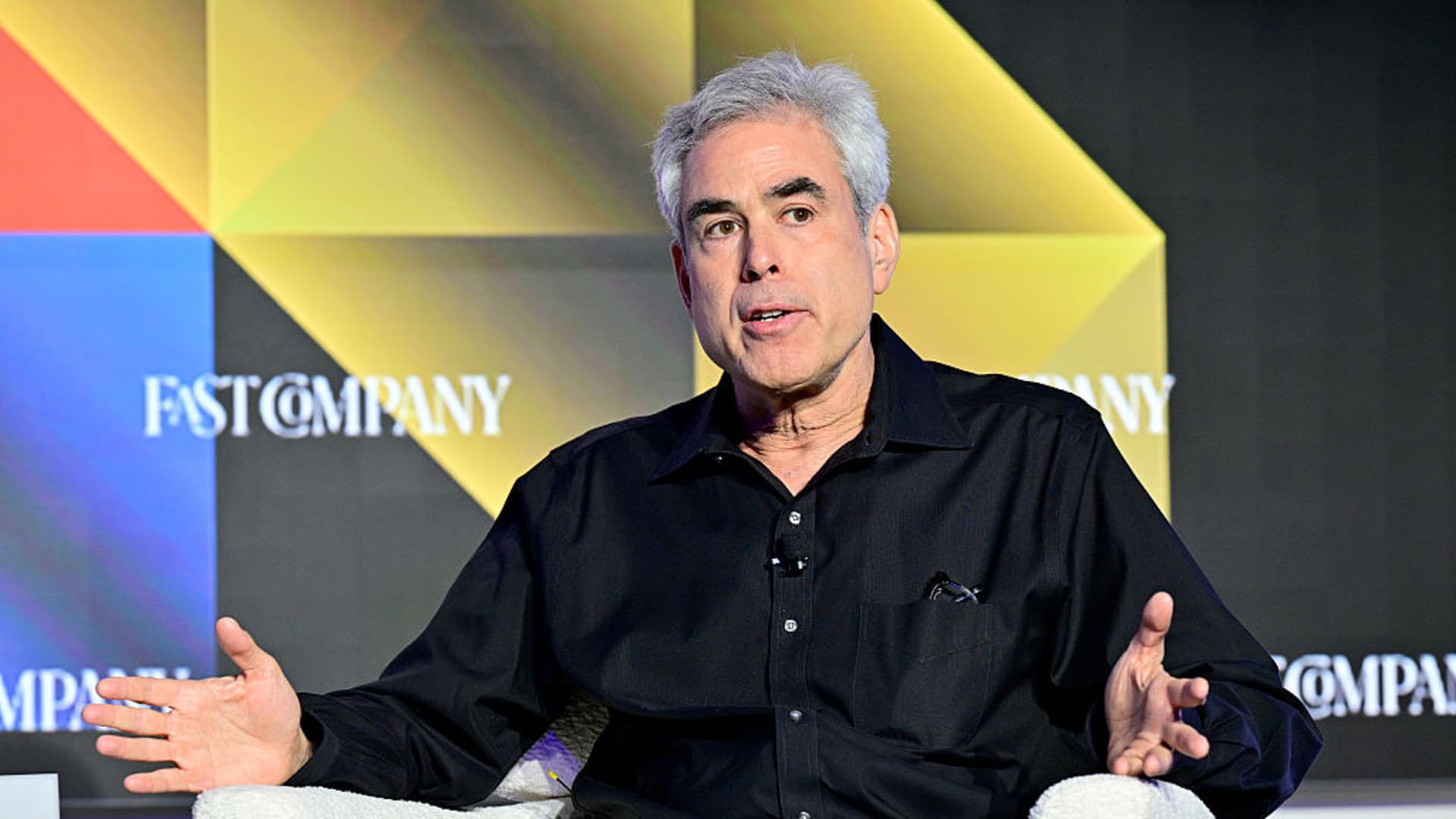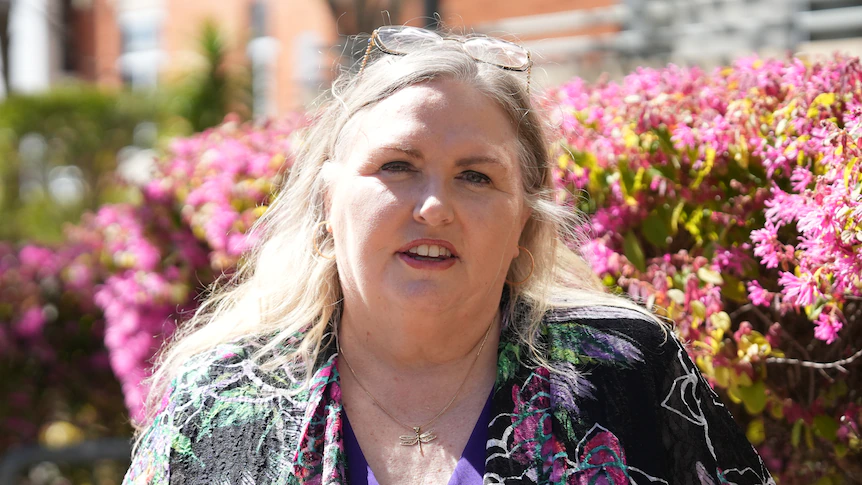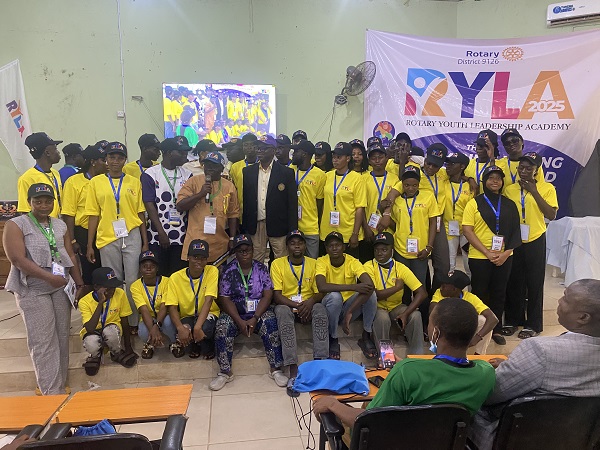
Jonathan Haidt has long promoted the idea of a play-based childhood and not a phone-based one.
The NYU Stern School of Business professor writes in his bestselling book “The Anxious Generation” that kids who grow up with prolonged exposure to both smartphones and social media are at a higher risk for anxiety and depression.
In 2012 and 2013, as Instagram gained in popularity, many young people — especially young girls — joined the app and “levels of depression, anxiety and self harm skyrocketed,” Haidt told CNBC Make It at the Fast Company Innovation Festival last week.
To quell the mental health risks of this tech, Haidt advocates for establishing four norms.
The first pertains to the systems at large and advocates that schools become phone free. Many states across the U.S. are already introducing legislation that mandates no cell phones in schools. For example, as of the 2025-2026 school year, New York City prohibits student use of “personal internet-enabled electronic devices” during the school day.
The other three of Haidt’s recommendations are in the parents’ control, he says: no smartphones before high school, no social media before 16, and more independent, free play in the real world.
Haidt offers a formula for the kind of day he thinks best benefits kids ages 11 to 14.
Haidt advises that parents build a schedule that is a combination of structured- and unstructured-time.
“Maybe [your kids] have some adult-planned activity two days a week,” he says. “Maybe they have a piano lesson or Hebrew school or religious school.”
If that’s the case, then on the other days of the week, Haidt says your kids should be free to do whatever they want after school, alone or with friends. But with some restrictions, of course: “They cannot spend the time on a television or computer.”
In his book, Haidt recommends kids spend time outside with their friends swinging on swings, for example, or exploring outdoor spaces like forests or even a trip to the amusement park.
“Kids thrive when there is order and predictability,” Haidt says. But they need windows of freedom to explore the world, make decisions and build independence, too.
Haidt recommends parents come together to create one weekly tradition: “free play Fridays.”
“Let’s just all agree that Friday is a day when you do not schedule any educational activities,” he says.
“Everyone knows that’s when kids get together at the park, they play baseball, football, whatever. Maybe they just stay at the school playground.”
Playing together without the presence of screens is “the most fun kids can have,” he adds. Giving them that opportunity on Friday could mean these activities then spill over into the weekend.
Haidt advocates for parents to take on making these decisions about how their kids spend their time as a community.
“[It’s] how families can restore a healthy childhood,” he says. “Even if Congress never does anything.”
Want to be your own boss? Sign up for Smarter by CNBC Make It’s new online course, How To Start A Business: For First-Time Founders. Find step-by-step guidance for launching your first business, from testing your idea to growing your revenue. Sign up today with coupon code EARLYBIRD for an introductory discount of 30% off the regular course price of $127 (plus tax). Offer valid September 16 through September 30, 2025.
Plus, sign up for CNBC Make It’s newsletter to get tips and tricks for success at work, with money and in life, and request to join our exclusive community on LinkedIn to connect with experts and peers.



